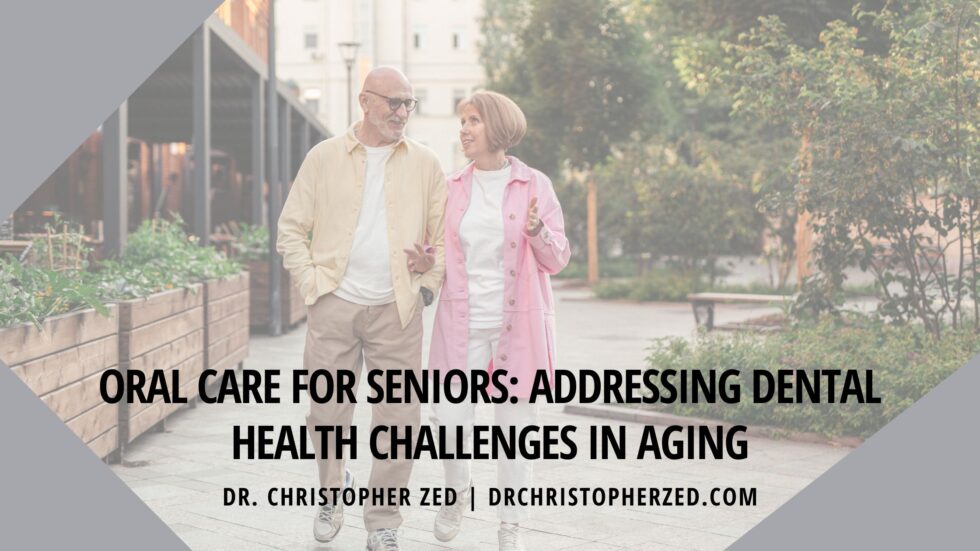

Dental care for seniors is a critical aspect of maintaining their overall health and well-being. A vibrant smile isn’t just about aesthetics; it’s a vital component of senior health and quality of life. Dental care for seniors addresses the unique oral health needs and challenges that arise with age. This comprehensive guide explores common age-related oral health issues, preventive strategies, and the crucial role of professional dental care. This article will cover: diagnosing age-related oral health issues, practical preventive strategies, the importance of professional dental check-ups, and the overall impact of dental care on senior health. We’ll also delve into specific considerations for senior patients and how to navigate common challenges.
Diagnosing Age-Related Oral Health Issues in Seniors
Recognizing the Signs
Age-related changes in oral health can manifest in subtle ways, making early detection crucial. Seniors may experience gradual gum recession, tooth sensitivity, or a decline in saliva production, all of which can lead to various oral health issues if left unattended. Understanding the specific signs and symptoms of oral health problems in seniors is the first step in implementing effective preventive measures. Dental professionals play a critical role in detecting oral health concerns that might be missed by seniors themselves. Regular checkups allow dentists to identify potential problems early on, like gum disease or tooth decay, and implement appropriate treatment strategies.
Common Oral Health Problems
Common age-related issues include dry mouth, periodontitis, tooth loss, and increased susceptibility to oral infections. Dry mouth, also known as xerostomia, is a significant concern as it can lead to an increase in tooth decay. Periodontitis, an advanced form of gum disease, can affect bone support for teeth, ultimately leading to tooth loss. The loss of teeth and difficulty chewing can negatively impact nutrition and overall health. Many seniors may experience a decreased ability to perform thorough oral hygiene due to physical limitations or dexterity issues.
Practical Preventive Strategies for Seniors
Maintaining Oral Hygiene
Maintaining consistent oral hygiene practices is paramount in preventative oral care for seniors. While physical limitations might affect their ability to brush and floss efficiently, there are options like electric toothbrushes and specialized interdental brushes, which can be helpful for seniors who might need more support. Soft-bristled toothbrushes are essential to avoid damaging gums or newly exposed tooth roots. Regular use of fluoride-containing toothpaste further protects teeth and prevents cavities.
Nutritional Considerations
A balanced diet plays a crucial role in oral health. Foods rich in vitamins and minerals are essential for supporting healthy gums and teeth. Sugary drinks and foods increase the risk of tooth decay. Encouraging seniors to consume a diet rich in fruits, vegetables, and calcium-rich foods, while reducing their consumption of sugary foods and drinks, will aid in the prevention of various oral health issues.
Dietary Supplements
Certain dietary supplements can also support optimal oral health in seniors. Calcium supplements, and vitamin D, play a vital role in maintaining strong teeth and healthy bones. However, it’s crucial to consult a doctor before adding any new supplements to a senior’s diet.
Professional Dental Care for Seniors
Importance of Regular Check-ups
Regular dental checkups are critical in the early detection and treatment of oral health issues. Seniors may experience reduced mobility or access to dental facilities, requiring extra support in scheduling appointments. The benefits of consistent check-ups include: early detection of problems, proactive intervention to prevent more extensive issues, and consistent monitoring of any existing dental conditions. Establishing a good rapport with a dentist specializing in geriatric care is key for seniors to feel confident in seeking necessary dental care.
Choosing the Right Dentist
Choosing a dentist who understands the specific needs of seniors is essential. This often involves finding a dentist with experience in geriatric dentistry, who can provide tailored dental care for the unique needs of older adults. Considerations include accessibility, communication, and comfort levels.
Impact of Dental Care on Senior Health
Maintaining Overall Well-being
Good oral health directly impacts overall senior health. Dental problems can lead to discomfort, pain, and reduced quality of life. By addressing oral health issues, we can ensure seniors continue to enjoy a high quality of life, maintain their independence, and participate actively in daily activities.
Promoting Nutritional Intake
The ability to eat and enjoy foods is directly affected by healthy teeth and gums. Proper chewing and maintaining teeth ensures nutrient intake necessary for overall health and well-being. Problems such as tooth loss or painful dental conditions can make eating less enjoyable and impact nutrient intake.
Preventing Systemic Diseases
Studies have shown a strong correlation between poor oral hygiene and systemic diseases. Infections in the mouth can enter the bloodstream and affect other parts of the body, particularly in individuals with weakened immune systems.
Specific Considerations for Seniors
Physical Limitations
Physical limitations, such as mobility challenges, may affect seniors’ ability to access and maintain good oral hygiene. This requires adjustments in dental care strategies for seniors, such as modified appointments and care techniques to accommodate their needs. This includes home care methods tailored to the senior’s physical limitations and providing support in maintaining oral hygiene.
Cognitive Impairments
Some seniors may experience cognitive impairments that affect their understanding of oral care instructions. Communication and care methods need to be adjusted to suit the individual senior’s needs, perhaps using visual aids or simplified explanations.
Medication Interactions
Medications taken by seniors can sometimes affect their oral health. Certain medications can dry out the mouth, increasing the risk of cavities. Working collaboratively with both the dentist and the senior’s physician to address potential medication-oral health interactions is key to preventative care.
null
In conclusion, prioritizing dental care for seniors is crucial for maintaining their overall well-being. Understanding age-related oral health issues and implementing preventative strategies can significantly improve their quality of life. Regular checkups, at-home care, and professional interventions are key components of a comprehensive dental care plan. Consult with a dentist specializing in geriatric dentistry for personalized advice tailored to your senior’s specific needs. By proactively addressing these concerns, we can ensure seniors enjoy a healthy smile and a brighter future. Schedule an appointment with a dental professional today to discuss personalized preventative strategies for optimal oral health.